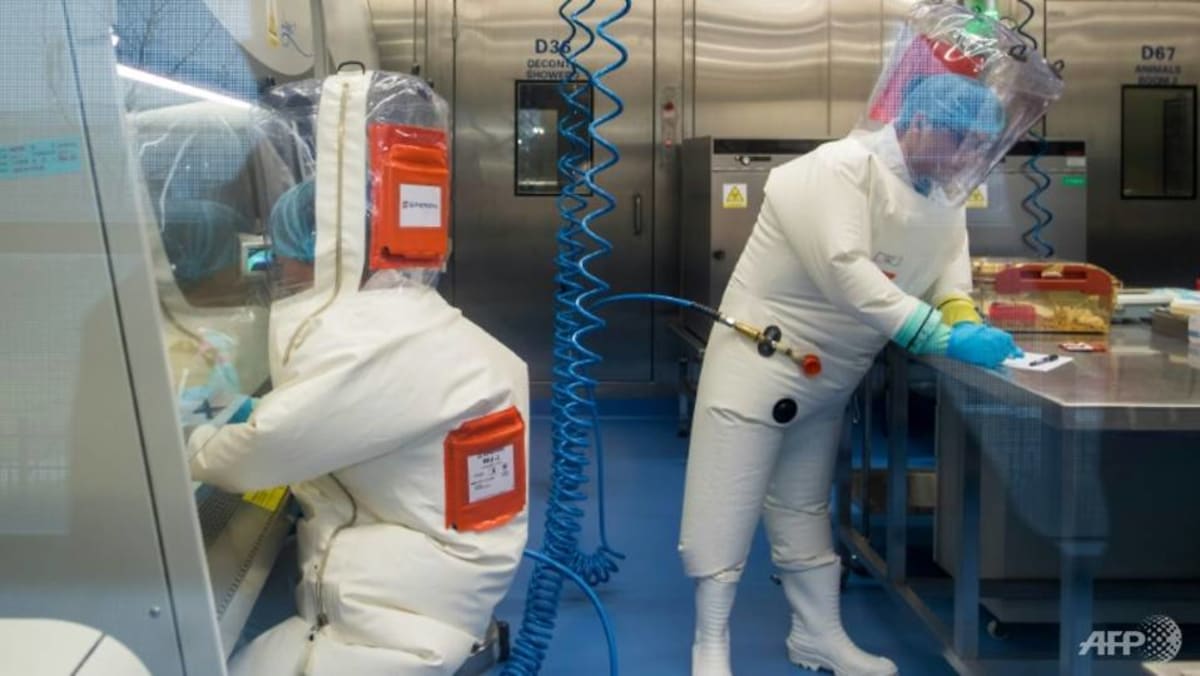Commentary: Whether COVID-19 came from a lab or animal is beside the point amid US-China diplomatic freeze
HARD TO PICTURE US-CHINA COOPERATION POST-COVID
Disease may thus be both an accelerant of a new cold war and a byproduct of it. China deserves a lot of the blame. Beijing’s wild policy swings on COVID-19 have contributed to America’s increasingly bipartisan Sinophobia. Two effects stand out.
First, China gives the impression it has something to hide. It has penalised anyone claiming that it has not been transparent.
Australia, which was the first country to call for an inquiry in 2020, paid the highest price, when Beijing imposed steep tariffs on a range of Australian exports. If Xi thought that killing the chicken would scare the monkey, his efforts backfired.
China’s reaction made Australia more hawkish and did nothing to deter the US. China did eventually agree to a World Health Organization inquiry but closed it down after scientists requested access to the Wuhan virology lab.
Second, Xi’s U-turns on COVID-19 have damaged China’s reputation. They have abetted those who argue that US foreign policy should respond to a regime’s internal character, rather than its national interests. Whatever America’s faults, it would be hard for a democracy to suppress inquiries into a pandemic, let alone jail its whistleblowers, as China did.
US President Joe Biden’s goal is both to cooperate and compete with China. Combining these contrary aims was always going to be a tightrope walk. It is now alarmingly hard to picture.
Beijing’s reluctance to play global citizen on pandemic warning systems – on top of climate change and other common threats – means we are hearing far less from Washington about cooperating with China and far more about confronting it.
For all the latest world News Click Here

